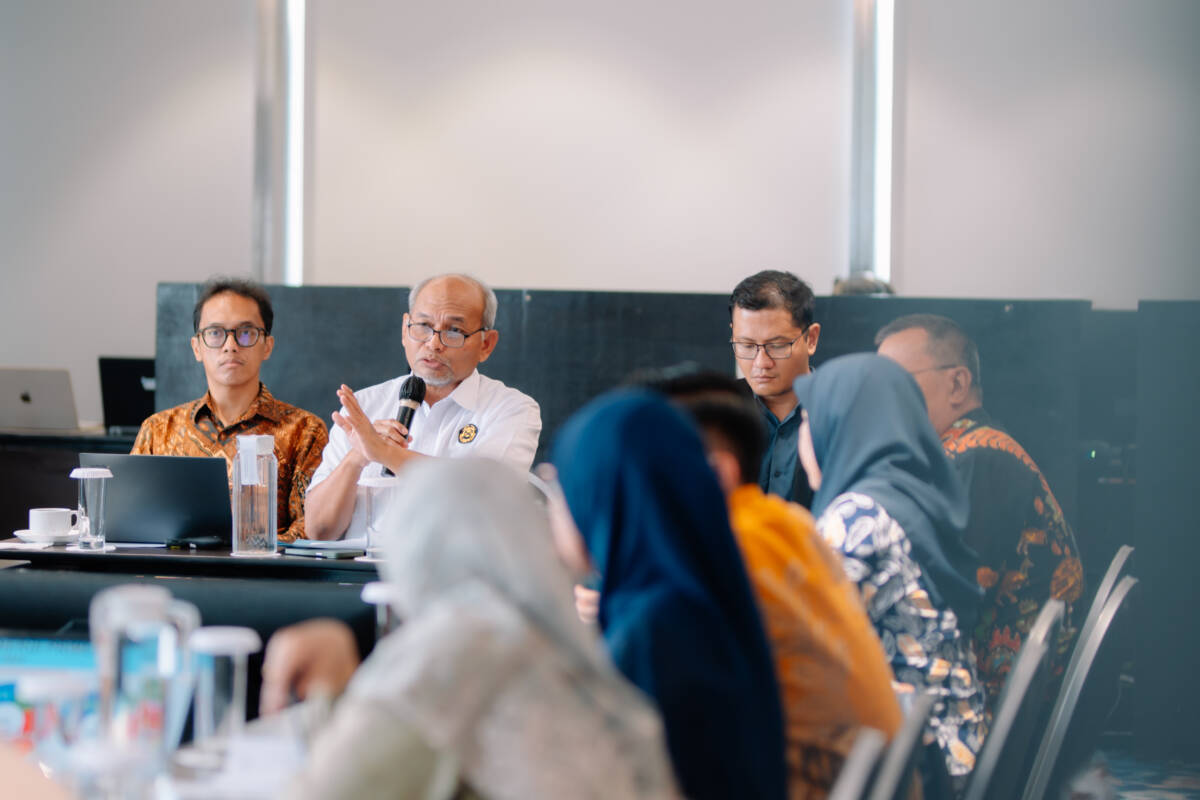Jakarta, 27 June 2024 – Indonesia’s record in meeting its renewable energy targets over the last five years is not encouraging. Over the last five years, the Indonesian Government has never succeeded in achieving the specified renewable energy targets so serious study and follow-up is needed. This is important to map the context of the situation and challenges of implementing renewable energy so that these issues can be resolved.
The dominance of fossil energy is suspected to be one of the causes of the missed achievement of this renewable energy target. Considering that Indonesia is one of the signatories of the Paris Agreement, Indonesia’s contribution to efforts to reduce emissions is expected to actively participate and contribute.
Wira Agung Swadana, Green Economy Program Manager of the Institute for Essential Services Reform (IESR), stated that Indonesia has made a number of energy transition policies such as Presidential Decree 112/2022 and a comprehensive investment and policy plan, Just Energy Transition Partnership (CIPP JETP). This illustrates the importance of immediately reducing dependence on fossil energy.
“As one of the largest global coal producers, Indonesia is actually facing challenges because Indonesia’s coal export destination countries are starting to implement energy transition policies and prioritize local coal,” said Wira.
Secretary General of the National Energy Council, Djoko Siswanto, in his introductory remarks to the Regional Energy Forum organized by the Institute for Essential Services Reform (IESR) on Thursday, 27 June 2024 said that Indonesia plans to raise its class in the energy security index.
“With indicators of availability, accessibility, affordability and acceptability. Currently the Indonesian Energy Index is in the “resistant” category with a score of 6.64. We are trying to be “very resilient”, but we are still constrained by the supply side, especially fuel which is still imported,” he said.
The National Energy Council is also completing the process of revising the National Energy Policy (KEN). This document will later become a guide for various other energy policy derivatives such as the National Energy General Plan (RUEN) and Regional Energy General Plan (RUED).
Suharyati, Coordinator of the DEN General Energy Plan Working Group, explained that the upcoming KEN document contains a number of new things, including a vision of net zero emissions for Indonesia 2060 or sooner, a mix of 70-72% renewable energy and 28-30% non-renewable energy, contains a peak target for Indonesia’s emissions in 2035-2045.
“We are working to ensure that the KEN revision is completed before the new government (October 2024),” said Suharyati.
The KEN revision process is awaited by the Regional Government because it will become a reference for policy changes in the Regional General Energy Plan (RUED).
Mahrita Yanuarty, Representative of Bappeda for South Kalimantan Province, said that the aspect of harmony of authority between institutions regarding the targets and scope of energy policy is important.

